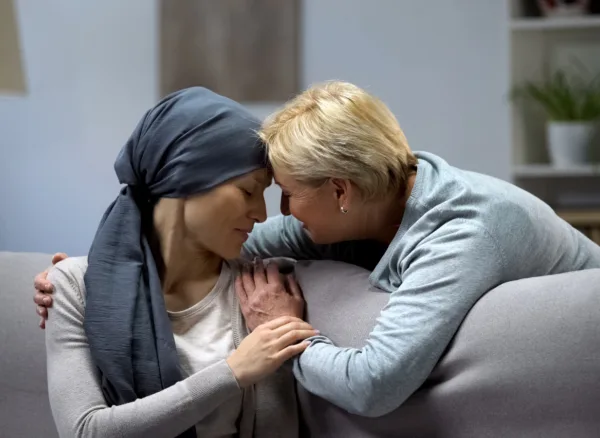Menu

Templeton World Charity Foundation funded the largest-ever randomized control trial of a forgiveness intervention, involving thousands of participants from locations with a history of conflict — Colombia, Indonesia, Hong Kong, South Africa, and Ukraine. Professor Everett Worthington is one of the world's leading researchers on forgiveness. His REACH Forgiveness workbook is at the center of the study. The REACH model is a scientifically validated tool that provides a step-by-step process to reach forgiveness. The workbook is secular and free-of-cost, and is now available for download in multiple languages. It was designed to be completed independently in 2-3 hours. The study found that those who followed the workbook showed significant reductions in unforgiveness, depression symptoms, and anxiety symptoms, compared to a group who was delayed in receipt of the workbook.
Key takeaways from the video and the study:
The video features:
Andrea Ortega Bechara, Site Leader of the study in Colombia.
Shaun Joynt, Site Leader of the study in South Africa.
Man Yee Ho, Site Leader of the study in Hong Kong.
Liudmyla Shtanko, Site Leader of the study in Ukraine.
Sergiy Tymchenko, Site Leader of the study in Ukraine.
Tyler VanderWeele, Director, Human Flourishing Program, Harvard University.
Everett Worthington, Commonwealth Professor Emeritus, Virginia Commonwealth University.
Learn more about the TWCF-funded research project related to this episode.
Templeton World Charity Foundation’s “Stories of Impact” videos by journalist and senior media executive Richard Sergay feature human stories and critical perspectives on breakthroughs about the universe’s big questions. The inspiring narratives and observations in these award-winning videos portray the individual and societal impacts of the projects that bring to life TWCF-supported research




